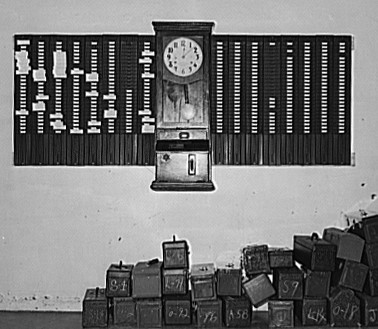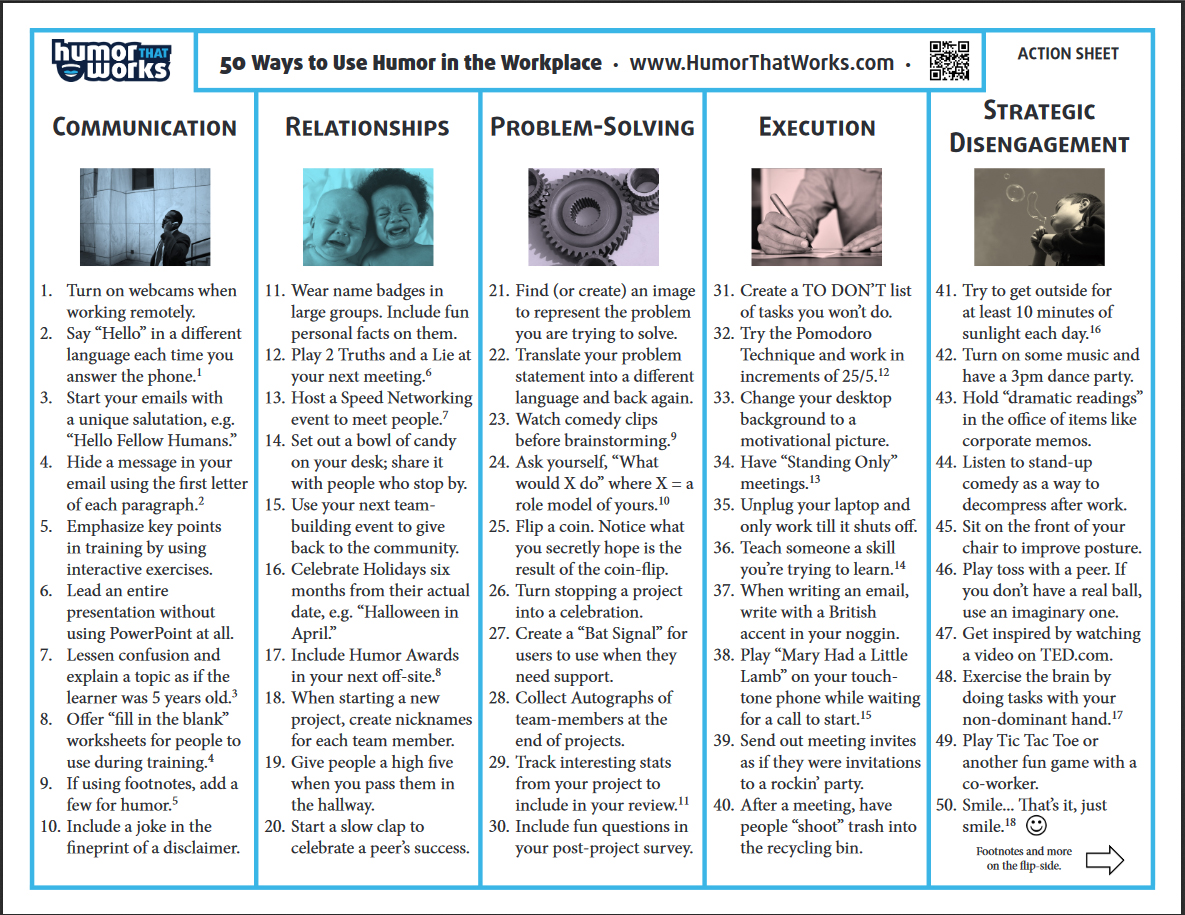Is the 40 Hour Work Week Dying?
Last month I was presenting to Vistage CEO’s in Houston and one of them asked me about the idea proposed by one of her employees they should reconsider the 40-hour work week. She said she was given an article from Inc. magazine discussing it. So on my flight back to San Diego from that meeting I read the article “Blowing Up The Work Week” in the December 2016 issue of INC Magazine. Forbes wrote an article on it too. Oh yeah, and so did Money /CNN , and WSJ, and every other major news and business outlet.
Here’s my two cents on it. Let’s start at the beginning.
In the early days of manufacturing it wasn’t uncommon for employees (including children) to work over 100 hours per week. Beginning in the mid 1869 President Ulysses S. Grant proclaimed an 8-hour work day for government workers. In 1914 the Ford Motor Company adopted a 5-day 40-hour work week. In 1916 Congress passed the Adamson Act establishing an 8-hour work day for interstate railroad workers. In 1938 Congress passed the Fair Labor Standards Act limiting the work week to 44 hours, which was then amended in 1940 to reduce it to 40 hours. Those employees require to work over 40 hours would be paid time and a half to do so. You can learn more about the history of the eight hour work day at https://en.wikipedia.org/wiki/Eight-hour_day#United_States
And that’s how we rolled through the manufacturing era.
Then technology came along and we could herald nerds without a life working nights on end and getting rich in the process. It became de rigueur to become the hero by being the last one out the door. “Man that guy works hard.” And the divorce rate skyrocketed.
Over the last 10 years I’ve seen numerous articles and numerous companies experimenting with flexible work schedules, results only work environments, 32-hour work weeks, and more. Unfortunately many of those experiments have not worked out. I remember doing a webinar with the two women who help start ROWE (Results Only Work Environment) at BestBuy. While the program seemingly worked for few years it too was eventually canned.
Many articles wish the 40 hr. work week could come back since it seems we work more than that, not less than it. According to the WSJ article “Fifty-eight percent of managers in the U.S. report working more than 40 hours a week”.
So now let’s see what INC Magazine had to say about this:
- Debunk the 40-hour myth – there’s nothing “magical” about 40-hours. It’s simply a standard we have grown up with and become accustomed to. Unfortunately many managers work 50-60 hours regularly. I can remember putting in 70+ weeks as a trial lawyer. 40 plus hours is a cultural construct and a badge of honor for many.
- Adapt to peak-performance styles – this is about time management and flexibility. It’s how I work. Some people work best with four 10-hour days, others with five 8-hour days, and others simply part time. The point is to work at peak performance, as often as you can.
- Synchronize schedules – since work is often project based and a team effort, managers must be trained in coordinating schedules. One reason many managers are resistant to flexible work weeks.
What is driving much of this is the fact that many people don’t have enough time to nurture themselves or their families. We’re sleep deprived, exercise deprived and resort to fast food as a result of working too many hours. We don’t take vacations, don’t have time for real conversations, burn out and become resentful. And we taught millennials not to buy into that. So they don’t!
I for one enjoy working from 8-6 every day and I keep a very balanced lifestyle. Part of that is because I plan and manage my time well. I also have a short commute. I know of many people who work the same hours I do who feel stressed and burnt out… simply because they don’t have their time management act together.
When I managed my own employees it was always about producing results. I also realize that people (including me) tend to get work done in the time allotted for it (Parkinson’s rule). Employees could get a raise when they’re able to produce more value, not because they simply worked more hours and cost me more money as a result.
In manufacturing we went to a lean and just in time production environment. This is now coming to white collar work.
PRO’s
- Flexibility
- No ACA under 30 hrs./wk
- Very project based
- More time off
- Less commute time
- Less stress
CON’s
- Scheduling
- Dependability
- Child care arrangements
- “Compressed” schedule can create additional stress
- Difficulty to ascertain productivity or financial improvement
- Reduced salaries
What is your concern with keeping or ditching the 40 hr. workweek? Please share your thoughts and experiences.






